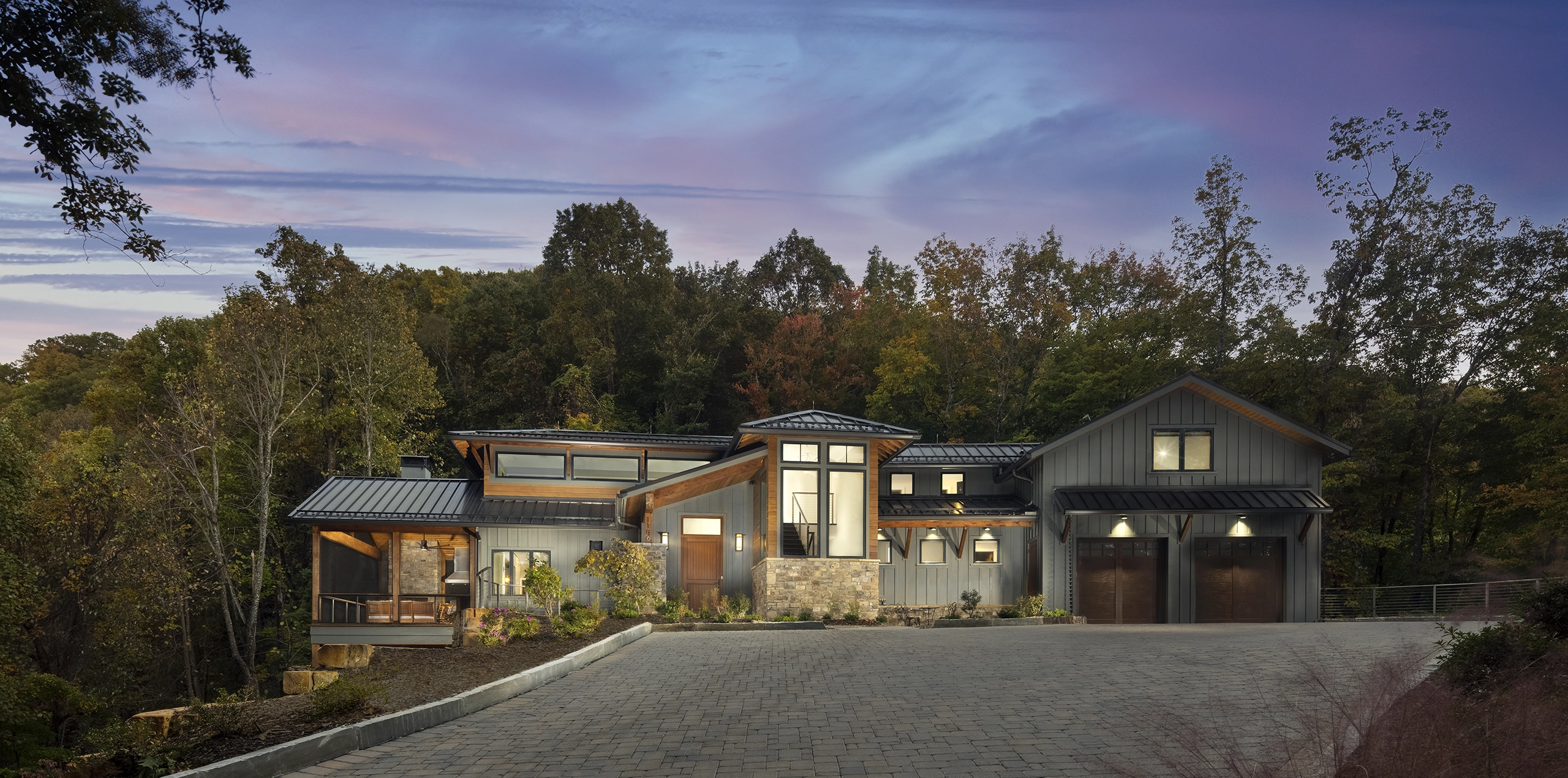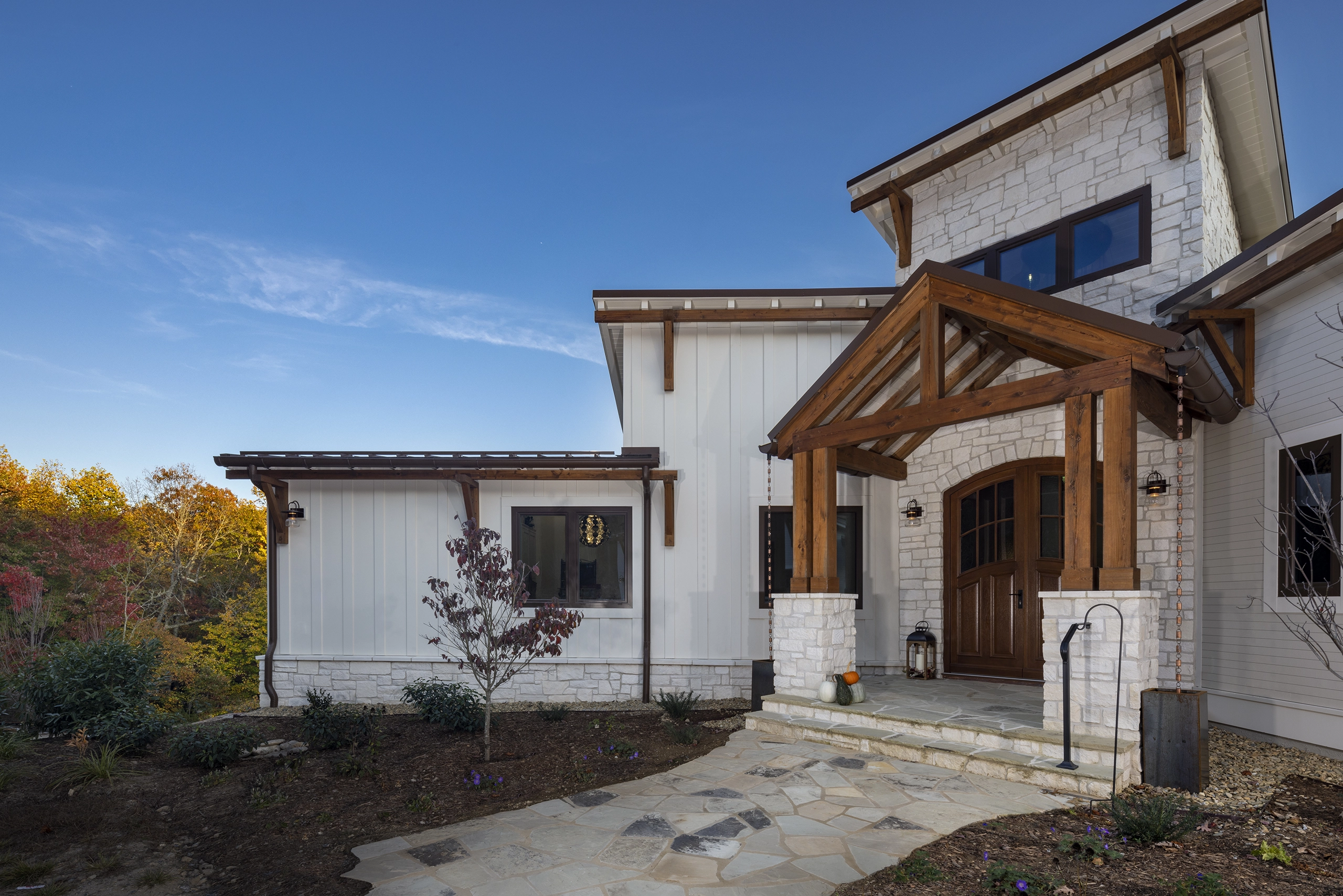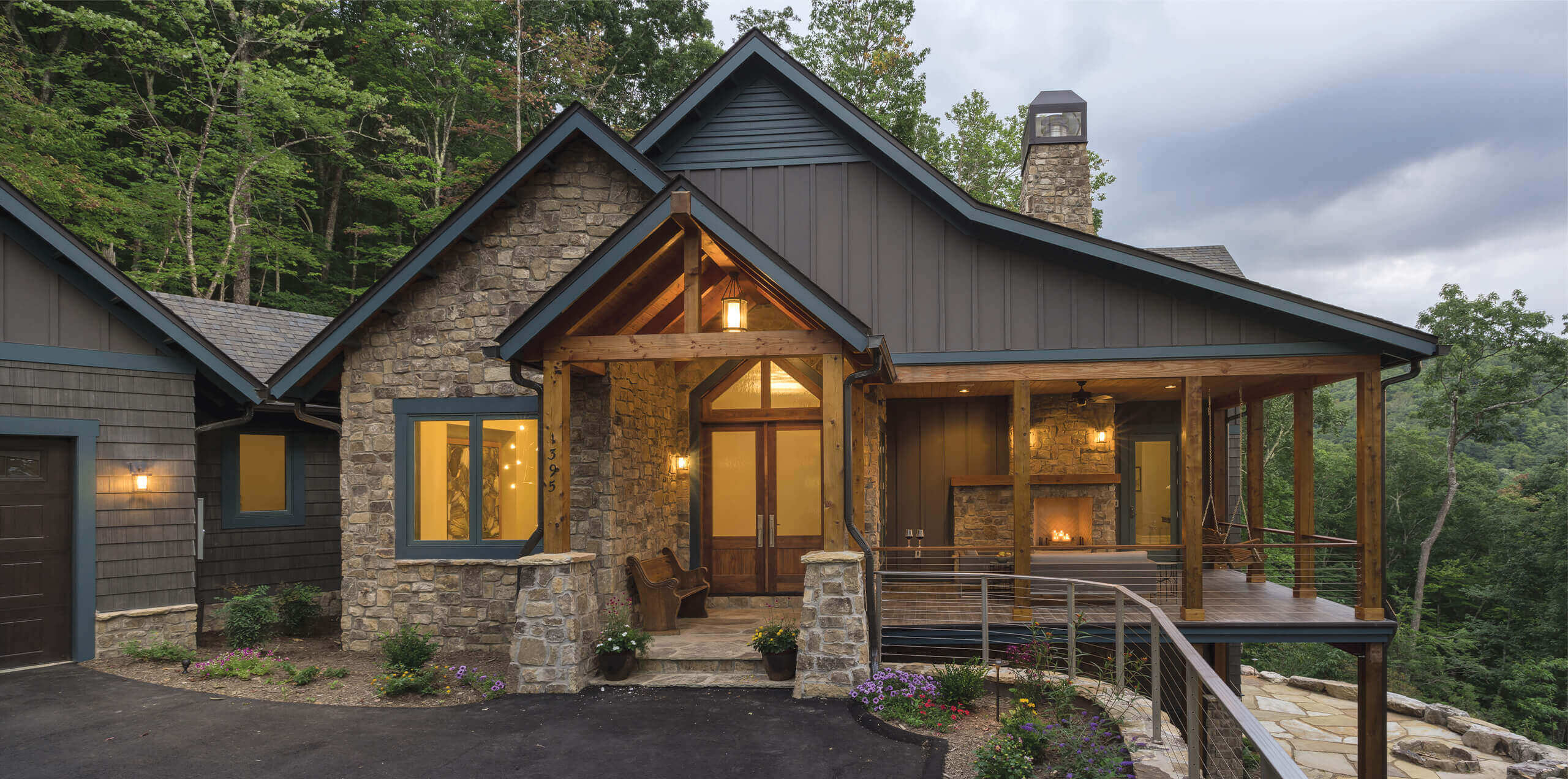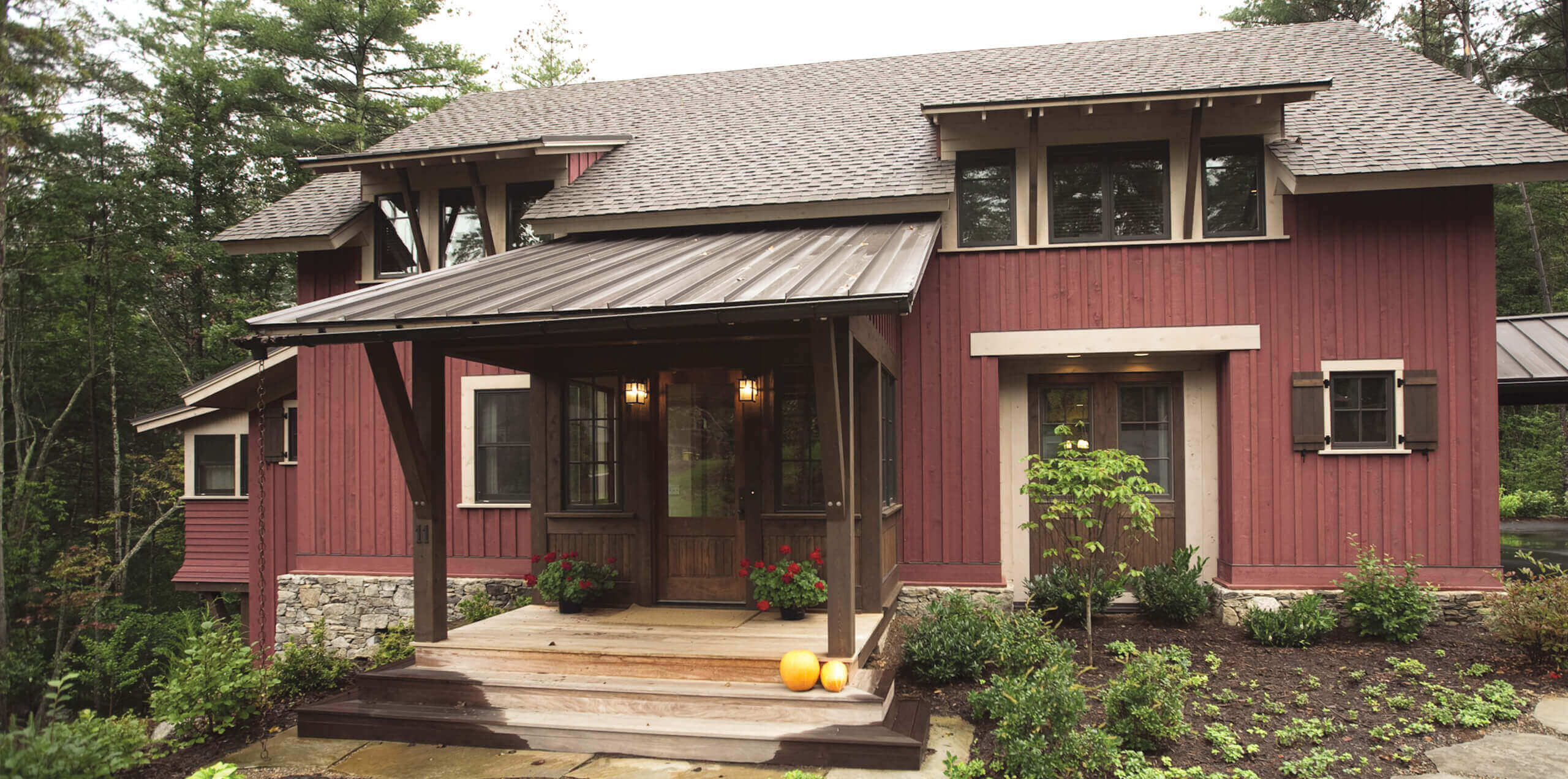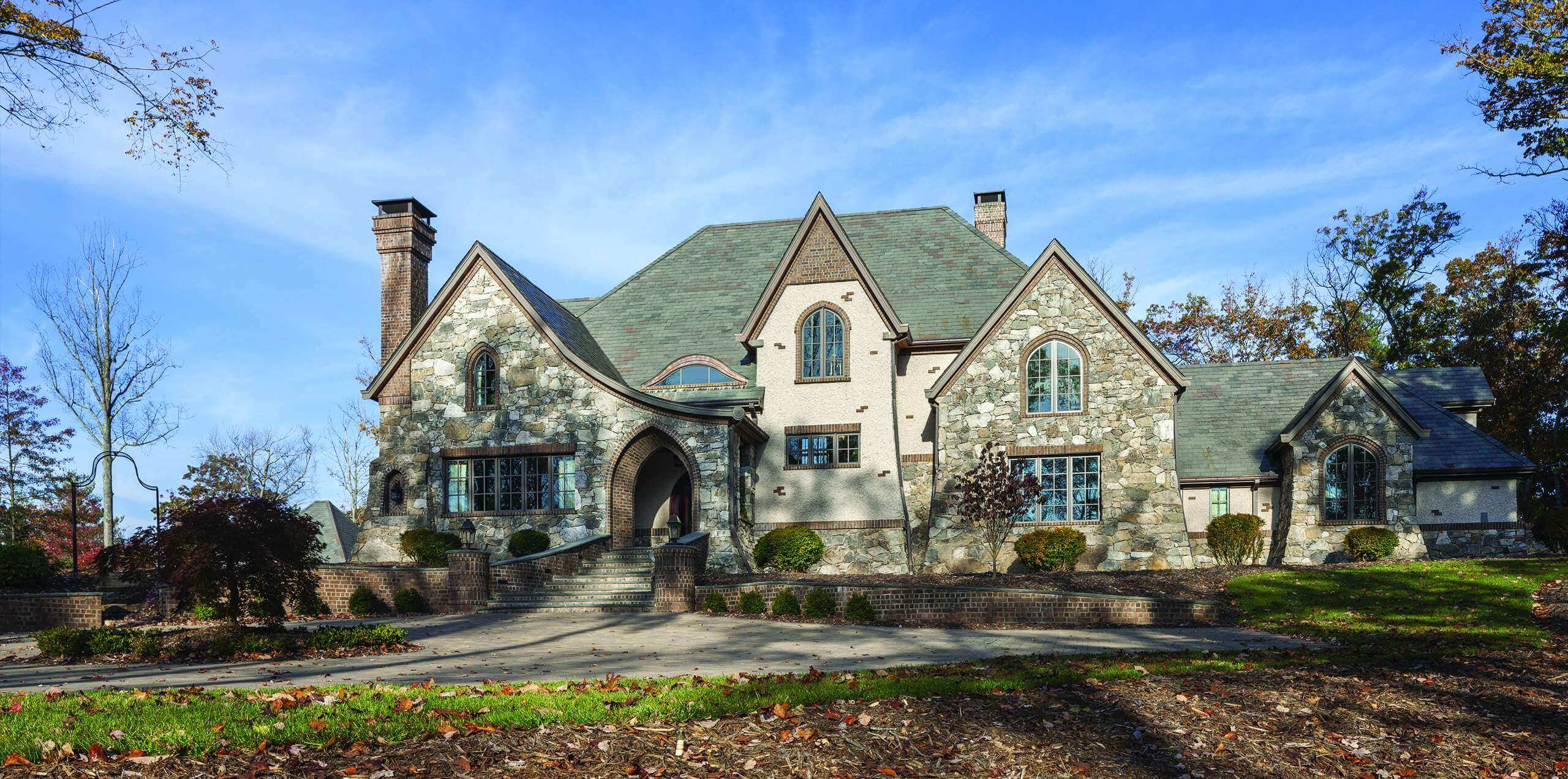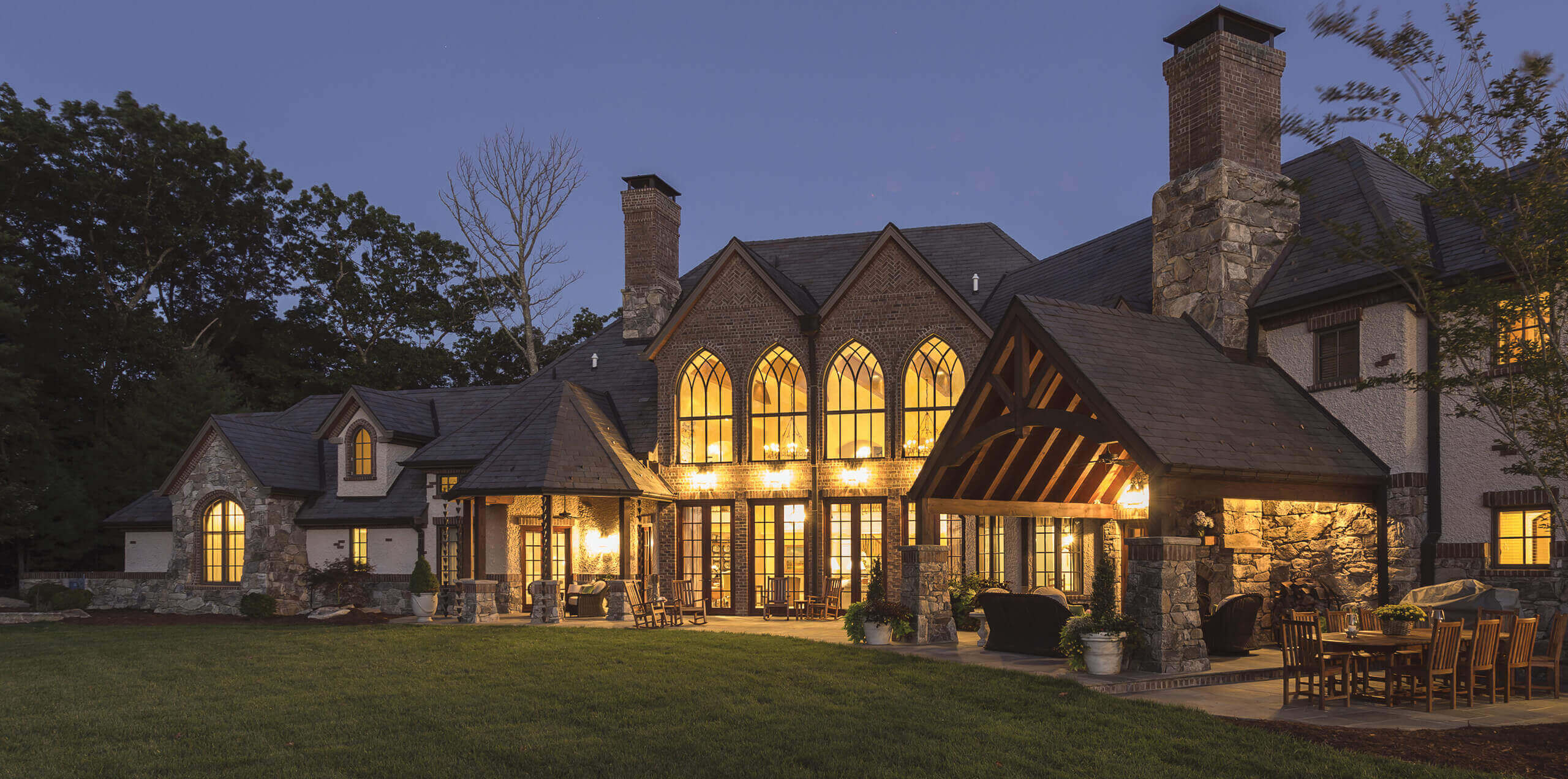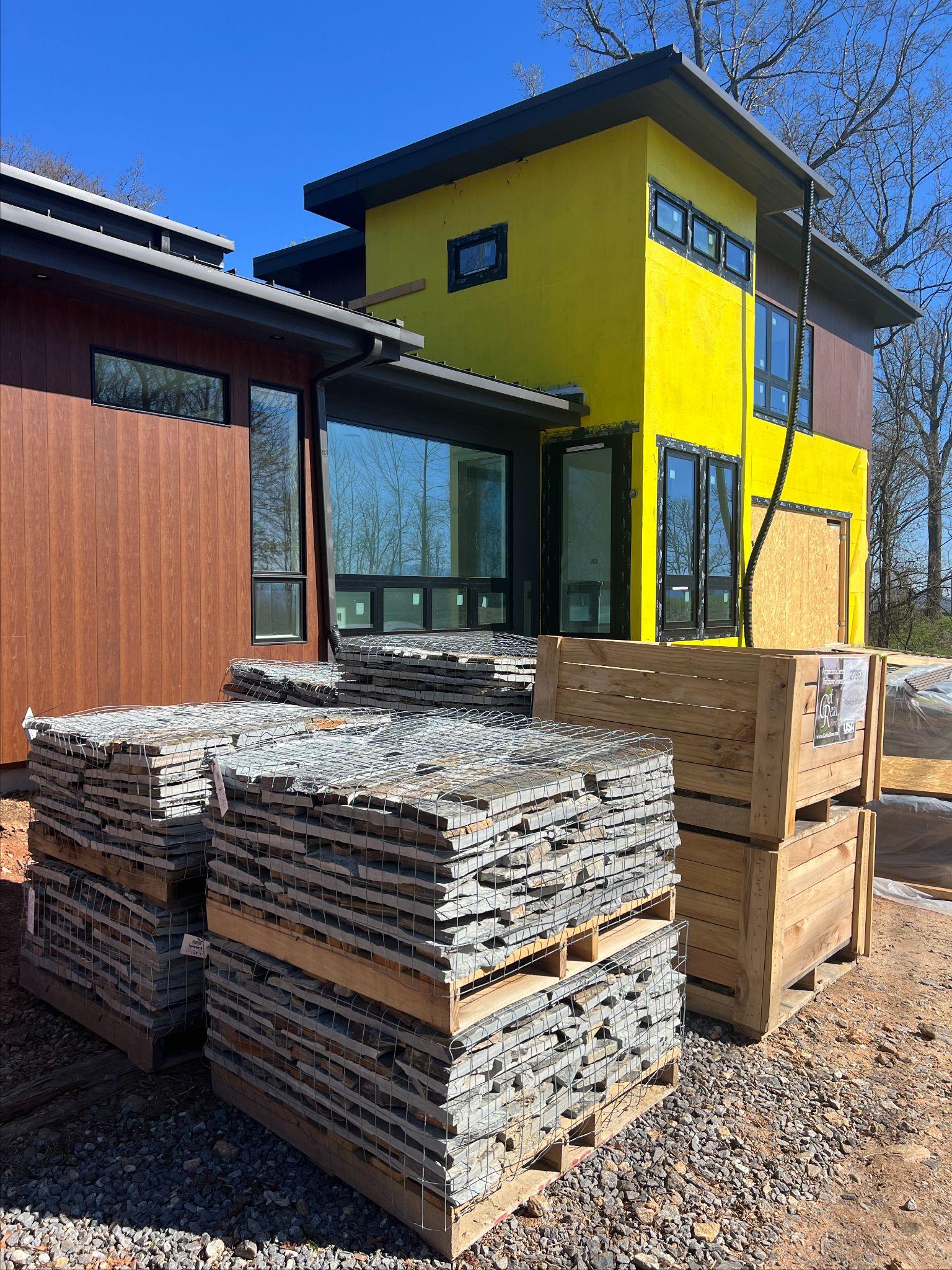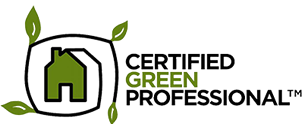As we move further into the 21st century, the construction industry is undergoing a significant transformation. The focus on eco-friendly home construction is not just a fleeting trend but a crucial response to the growing environmental challenges we face. The future of eco-friendly home construction promises innovation, sustainability, and resilience, paving the way for healthier living environments and a reduced ecological footprint.
One of the most exciting developments in eco-friendly home construction is the advancement of green building materials. Traditional construction materials often come with high environmental costs, from resource extraction to energy-intensive manufacturing processes. In contrast, the future will see a rise in the use of sustainable alternatives such as bamboo, reclaimed wood, and recycled metal. These materials offer the same durability and aesthetic appeal as their conventional counterparts but with significantly lower environmental impacts. Additionally, innovations like hempcrete, a bio-composite made from hemp fibers and lime, provide excellent insulation and carbon sequestration, making it a promising material for the future.
Energy efficiency will continue to be a cornerstone of eco-friendly home construction. The integration of renewable energy sources, such as solar panels and wind turbines, into home designs will become more commonplace. These technologies will not only reduce reliance on fossil fuels but also provide homeowners with energy independence and cost savings. Smart home systems will play a pivotal role in this evolution, allowing for precise control over energy consumption. Advanced sensors and automation will optimize heating, cooling, lighting, and appliance use, ensuring homes are energy-efficient without sacrificing comfort.
Water conservation is another critical aspect of future eco-friendly homes. Innovative solutions like greywater recycling systems, rainwater harvesting, and smart irrigation systems will become standard features. These technologies help reduce water waste and lower utility bills while maintaining lush landscapes and gardens. The incorporation of drought-resistant landscaping and native plants will further support water conservation efforts, creating beautiful yet sustainable outdoor spaces.
Indoor air quality and the overall health of living environments will also take center stage. Eco-friendly home construction will prioritize non-toxic, low-VOC (volatile organic compounds) materials that improve indoor air quality and reduce health risks. Better ventilation systems, natural lighting, and the use of natural materials will create healthier living spaces. Homes will be designed to promote wellness, incorporating elements that enhance both physical and mental well-being.
The concept of net-zero energy homes, which produce as much energy as they consume, will become increasingly achievable. Advances in building technologies, materials, and renewable energy systems will make net-zero homes more accessible and affordable for the average homeowner. These homes will be designed with energy efficiency in mind from the ground up, incorporating passive solar design, high-performance insulation, and energy-efficient windows and doors.
Furthermore, the construction process itself will become more sustainable. Prefabrication and modular construction techniques, which reduce waste and improve efficiency, will gain popularity. These methods allow for precise manufacturing and assembly of building components, minimizing material waste and construction time. The use of 3D printing technology in construction is also on the horizon, offering the potential to create complex structures with minimal waste and labor.
Community planning will evolve to support eco-friendly living. Future developments will prioritize walkability, access to public transportation, and green spaces. Sustainable urban planning will focus on reducing urban sprawl, preserving natural habitats, and promoting biodiversity. Communities will be designed to foster social interaction, reduce environmental impact, and enhance the quality of life for residents.
In conclusion, the future of eco-friendly home construction is bright and full of promise. With continuous advancements in sustainable materials, renewable energy, smart home technologies, and water conservation, we are on the brink of a new era in homebuilding. These innovations will not only mitigate the environmental impact of construction but also create healthier, more efficient, and more resilient homes. As we embrace these changes, we move closer to a sustainable future where eco-friendly living is the norm rather than the exception.

